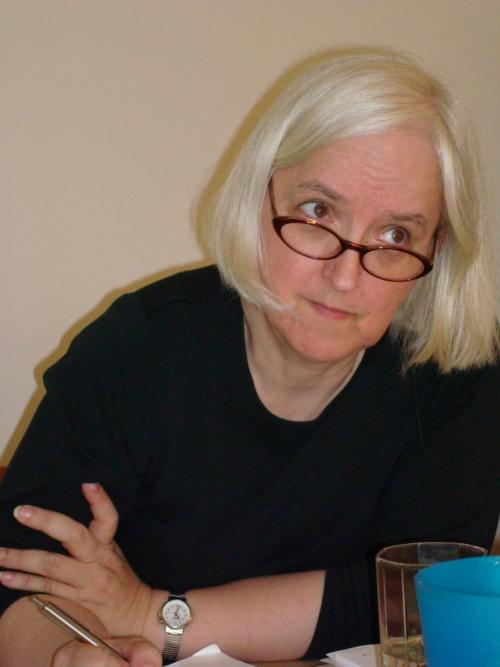The Modern Language Association (MLA) has announced initial steps in the relocation of the infrastructure supporting the Humanities Commons, initially launched in 2016. The decision to move the popular network service will allow the Commons to further expand under the care of MESH Research, an R&D unit of Michigan State University (MSU). MSU was selected on the basis of the infrastructure and personnel available to maintain and further develop the Commons.
Kathleen Fitzpatrick, who had formerly been an Associate Executive Director at MLA, was a key figure in the creation and building of the Humanities Commons. Now Director of Digital Humanities and Professor of English at MSU, Fitzpatrick will continue her engagement with the Humanities Commons as part of her work with the Leadership Team of MESH Research.
According to information published on the website, the move from Amazon Web Services to servers at MSU will begin in the first half of October. At the same time, the repository associated with Humanities Commons (currently hosted by Columbia University Libraries) will also be migrated over to the new location.
Plans for the financial sustainability of the service are also under development. The network will be expanded to include additional organizations, including the Association of University Presses (AUP). In order to ensure an “academy-owned alternative to commercially-supported repositories”, the Humanities Commons will be fueled by full and sustaining memberships, with annual fees set by institutional size. A grant of $500,000 from the National Endowment of the Humanities (NEH) had been announced in January of 2020. Additional details are outlined on the Sustaining The Commons site.
Organizers note that new policies pertaining to privacy, terms of service and organizational bylaws will likely go into effect on or around October 23, 2020.
NISO member organizations that are part of this initiative include the Modern Language Association, Michigan State University Libraries, and Columbia University Libraries.
